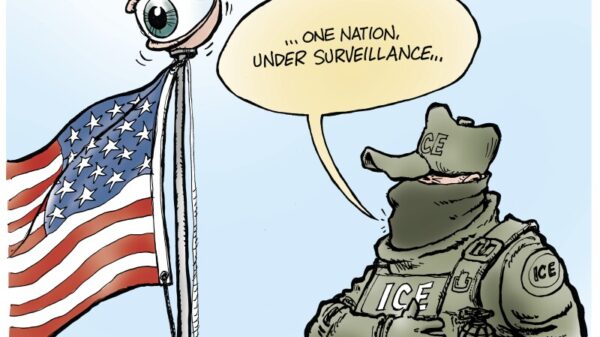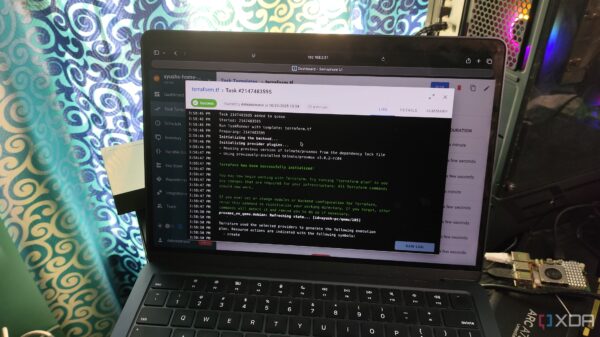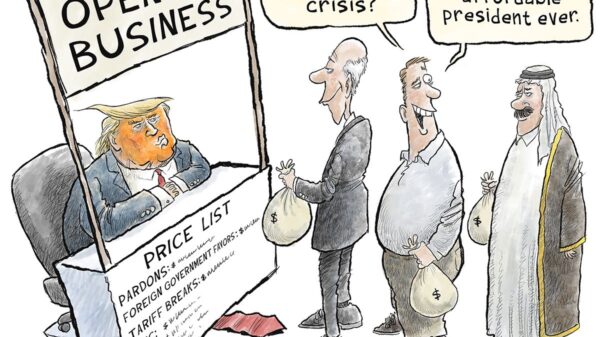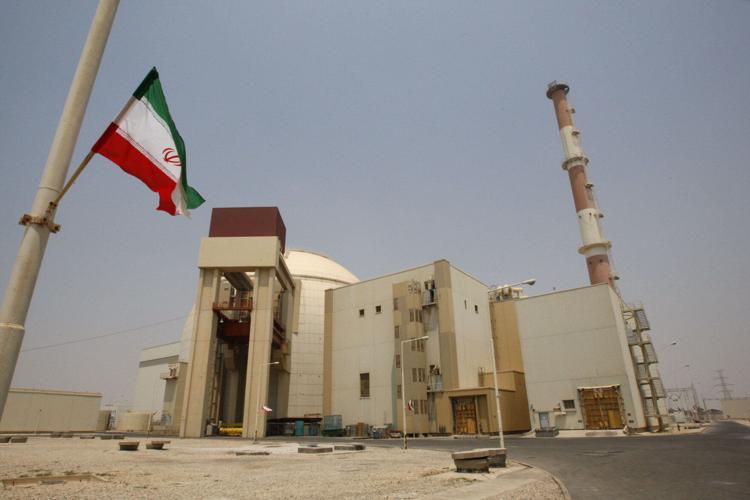Germany has issued a stern warning to Iran, indicating that the country has not yet taken the necessary steps to prevent the reinstatement of United Nations sanctions related to its nuclear program. The statement from the German Foreign Ministry was made on Wednesday following a diplomatic call involving representatives from Iran, France, Germany, the United Kingdom, and the European Union’s top diplomat.
The sanctions, which are part of a mechanism known as “snapback,” were included in the 2015 nuclear agreement negotiated between Iran and world powers. This mechanism is designed to be enacted without the possibility of veto at the U.N. If the snapback takes place, it will come into effect at the end of September 2023, unless the U.N. Security Council intervenes to halt the process.
The implications of the snapback are significant. It would freeze Iranian assets held abroad, suspend arms transactions with Tehran, and impose severe penalties on any advancements in Iran’s ballistic missile program. These measures could further exacerbate the challenges facing Iran’s already struggling economy.
Diplomatic Tensions Amid Regional Conflict
The call among the involved nations highlights the ongoing diplomatic efforts to address concerns regarding Iran’s nuclear activities. However, Iran has yet to publicly respond to Germany’s comments or the call’s outcomes, leaving uncertainty surrounding the situation.
The potential reactivation of sanctions is likely to intensify tensions between Iran and Western nations, especially in the context of rising conflict in the region. The situation is further complicated by the recent escalation of violence in the Gaza Strip, where Israel’s ground offensive has drawn international attention and concern.
As the deadline for the snapback approaches, the international community remains watchful. The actions taken—or not taken—by Iran in the coming weeks will play a crucial role in shaping the geopolitical landscape in this already volatile region.








































































